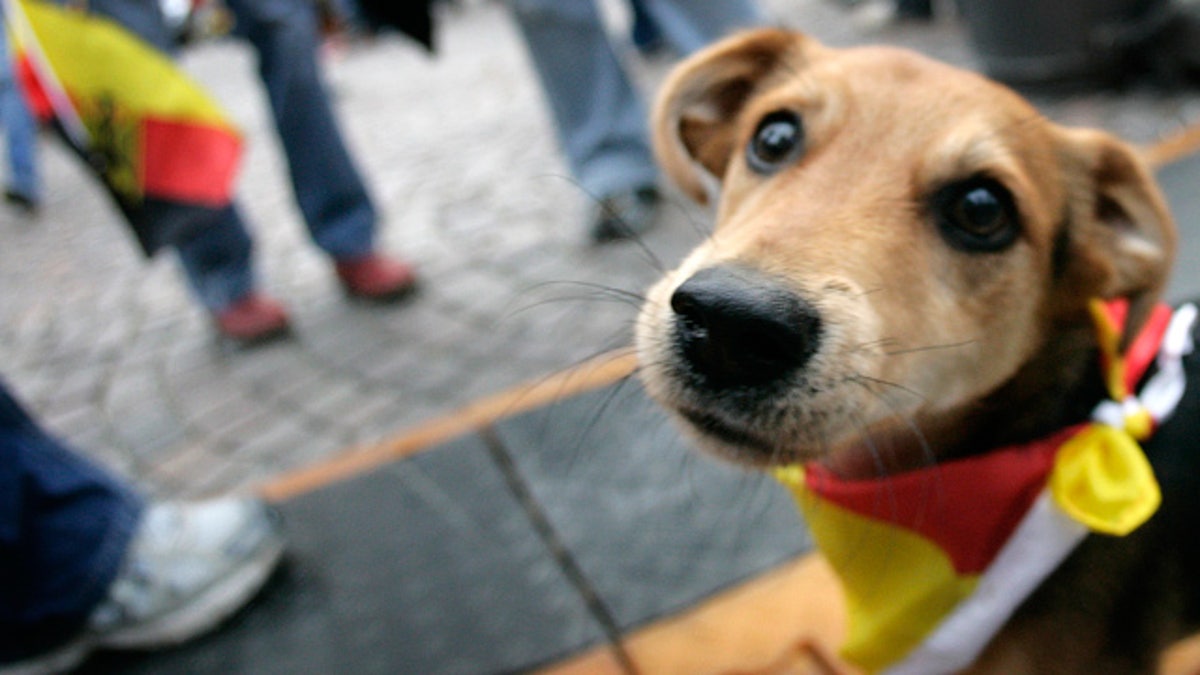
It is flu season in the US, which means coughing, a runny nose, fever—and maybe a trip to the veterinarian.
Dogs get the flu, too. And the holidays are prime time, since more owners send pets to stay at boarders while they go on vacation or to groomers where they may interact with other dogs carrying the virus.
[summary]
Active outbreaks of highly contagious canine influenza have been reported in New York and New Jersey in recent months. The virus also has been detected in Massachusetts, Connecticut, Colorado and Texas and is being investigated in California, according to Merck & Co., which makes a dog flu vaccine.
Jake, an eight-year-old chocolate Labrador retriever in New City, N.Y., entered a kennel healthy on a Thursday in October, and emerged on Monday with a hacking cough. "It sounded horrendous," his owner Anne Marie Hughes said. "We didn't sleep for five days."
The virus is believed to have first occurred in 2004 among greyhounds, according to the Centers for Disease Control and Prevention, and stemmed from a mutated equine flu virus that jumped species from horses to dogs. Since then, Merck has confirmed dog flu in 38 states.
Symptoms are similar to those felt by humans—a persistent cough, thick nasal discharge and in severe cases, fever and respiratory distress. Vet diagnoses are typically confirmed by a nasal swab or blood test at one of several university or independent labs. Pfizer launched its own vaccine in February.
While people cannot catch canine flu, they can spread it via their clothing. It may also be transmitted through pets' water bowls, toys, leashes and collars.
Fatality rates are low for doggie flu—about five percent to eight percent, according to the American Veterinary Medical Association. Danger arises when the virus leads to bacterial respiratory infections, triggering conditions such as pneumonia, Edward Dubovi, director of virology at Cornell University's Animal Health Diagnostic Center, said.
Animals of any age are susceptible. And because it is a relatively new virus, most dogs do not have immunity to resist it. Outbreaks can occur year-round, not just in winter months. Cats, so far, are not affected. The initial vaccination of two shots spaced several weeks apart typically costs anywhere from $25 to $60; an annual booster is required thereafter.
